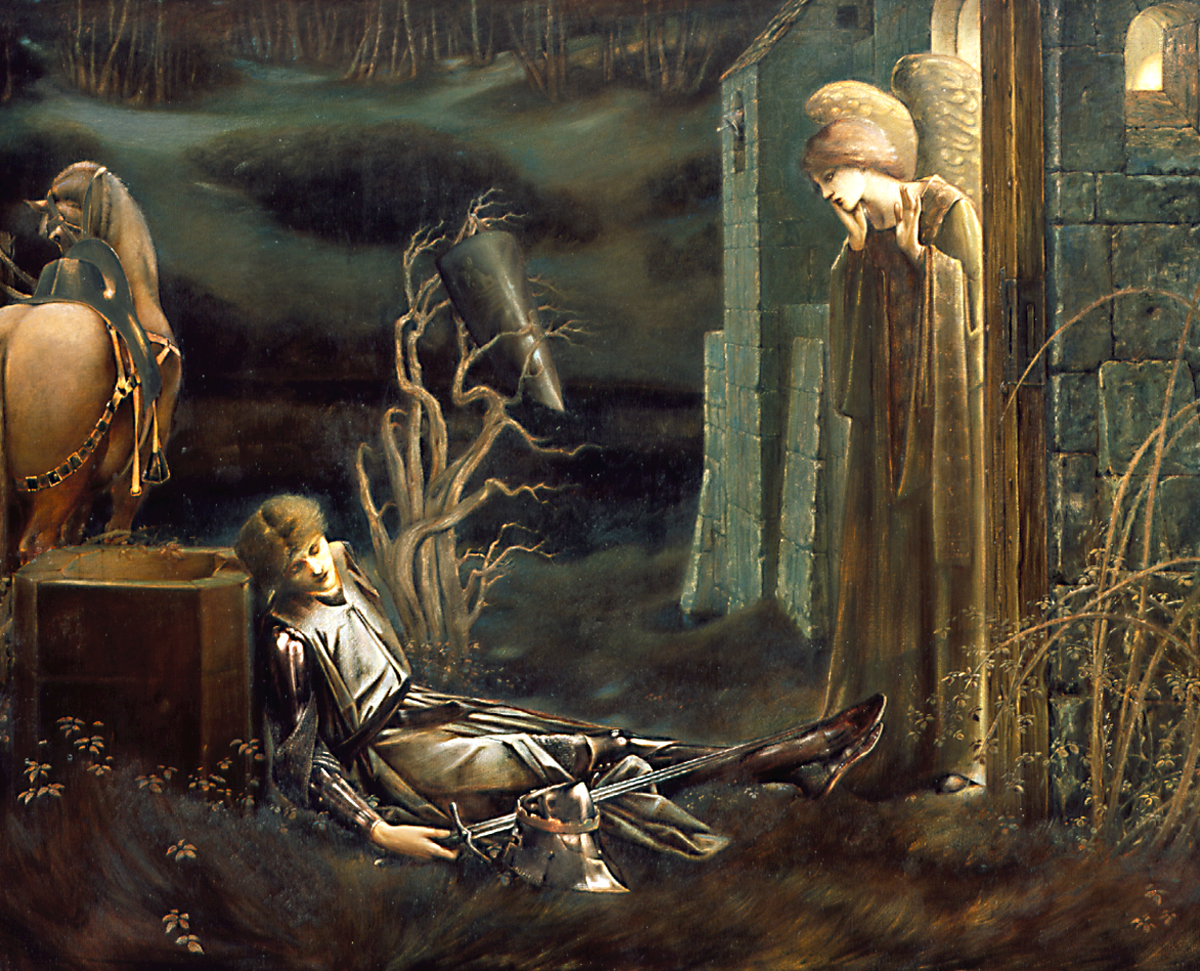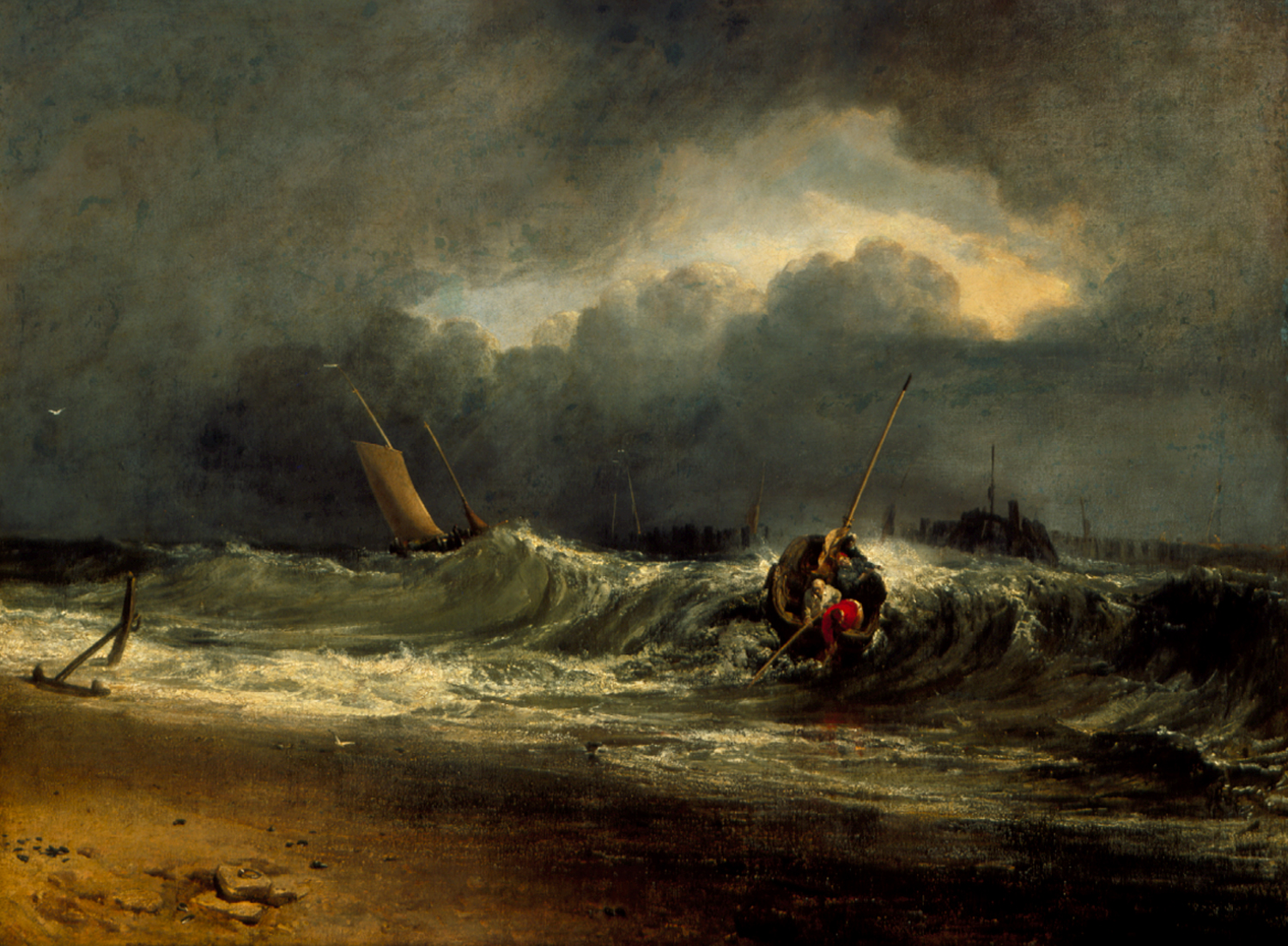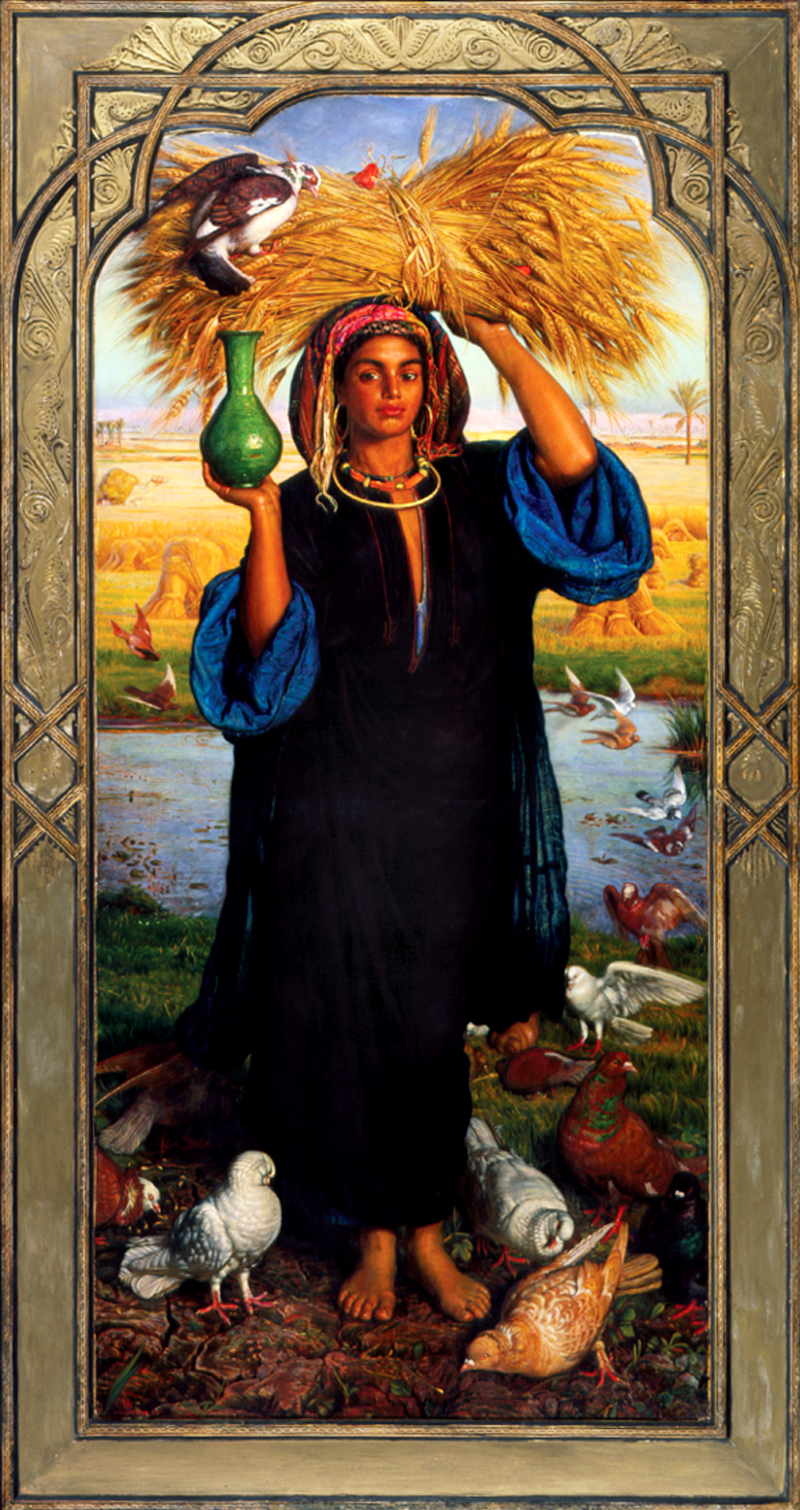Cricket

Cricket was first played in India in 1721 by the officers and men of an English ship. The game became popular in all the Company’s Presidencies and the Calcutta Cricket Club was founded in 1792.
Punch

Punch was a favourite with the Company’s employees in India. The word is from the Hindustani “Panch” meaning five. This refers to the five ingredients then used in the drink, namely tea, arrack, sugar, lemons and water.
Tea Ladies
The Company created England’s first ‘tea lady’. A Mr & Mrs Harris were appointed to look after the Company’s HQ in 1661. Mrs Harris took charge of brewing tea for committee meetings. The custom of tea breaks was born!
The USA and Hawaii Flag


The flag of The East India Company, which initially consisted of a St Georges Cross and later a Union Flag and stripes. The East India Company flag is reputed to be the inspiration for the Stars and Stripes and the state flag of Hawaii.
Pirates, The Legendary Captain Kidd
During the 17th, 18th and 19th centuries piracy was rampant in the Indian Ocean and South China Sea. The East India Company hired Captain Kidd to help combat the problem as a “Private Man” and he was given a commission to command a “private man of war” as follows:
 Now know ye, that we being desirous to prevent the aforesaid mischiefs, and as much as in us lies, to bring the said pirates, freebooters and sea-rovers to justice, have thought fit, and do hereby give and grant to the said Robert Kidd, to whom our commissioners for exercising the office of Lord High Admiral of England, have granted a commission as a private man-of-war, bearing date the 11th day of December, 1695,)
Now know ye, that we being desirous to prevent the aforesaid mischiefs, and as much as in us lies, to bring the said pirates, freebooters and sea-rovers to justice, have thought fit, and do hereby give and grant to the said Robert Kidd, to whom our commissioners for exercising the office of Lord High Admiral of England, have granted a commission as a private man-of-war, bearing date the 11th day of December, 1695,)
Kidd soon recognised that he could make more as a pirate himself and did not confine himself to attacking only pirate ships and competitive foreign vessels. As the legendary Captain Kidd he sailed the high seas, terrorising and looting legitimate traders, as The Crown saw it. Kidd was hanged for piracy and murder in London on May 23, 1701. The sometimes ambiguous nature of “private mans” role is summed up by this quotation:
“It was William Kidd’s misfortune to sail the seas as a privateer just when the rules changed and the privateer became an outlaw…”
Factory

The word factory originally meant an East India Company trading station. Each consisted of an office, warehouses and living accommodation, rather than a manufacturing facility. The word factory comes from factor. A factor was a Company buyer/seller. Staff were promoted by grades: writer, factor, junior and senior merchant. Usually spending three years at lower levels before moving up the ranks.







